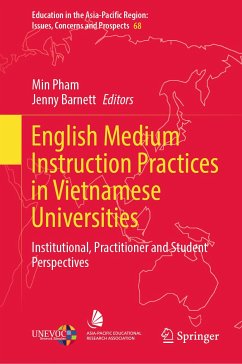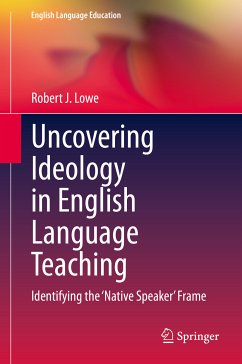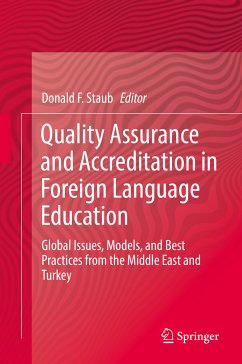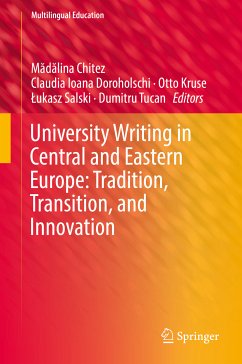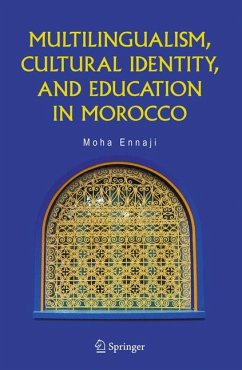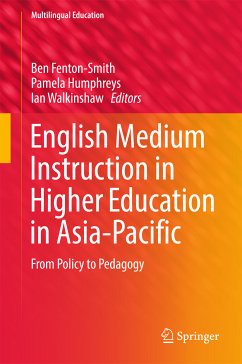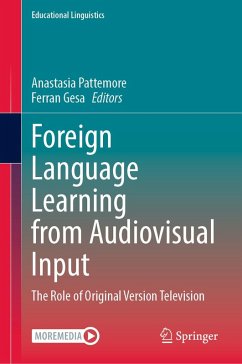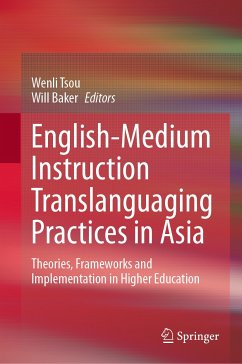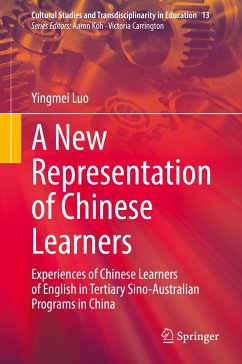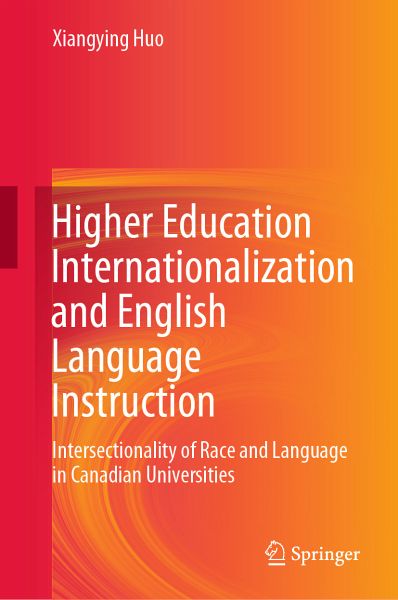
Higher Education Internationalization and English Language Instruction (eBook, PDF)
Intersectionality of Race and Language in Canadian Universities
Versandkostenfrei!
Sofort per Download lieferbar
96,95 €
inkl. MwSt.
Weitere Ausgaben:

PAYBACK Punkte
48 °P sammeln!
This book offers new understanding of the implications of pluralism and of transnational movements to higher education and the construct of a "native speaker" within contemporary globalization processes. Theoretically, it calls for a revisioned English as an International Language (EIL) pedagogy and a wider acceptance of EIL and of World Englishes. It challenges the postsecondary education sector to change the discourse around language proficiency to one that engages the "pluralism of English." As for the applied significance, the book contributes to the work on neo-racism which means racism g...
This book offers new understanding of the implications of pluralism and of transnational movements to higher education and the construct of a "native speaker" within contemporary globalization processes. Theoretically, it calls for a revisioned English as an International Language (EIL) pedagogy and a wider acceptance of EIL and of World Englishes. It challenges the postsecondary education sector to change the discourse around language proficiency to one that engages the "pluralism of English." As for the applied significance, the book contributes to the work on neo-racism which means racism goes beyond color to stereotypic foreign cultures, nationalities, and exotic accents based on cultural distinctions instead of merely skin differences. The book contributes to higher education policy and practice, pushing a revisioning of ESL in conceptual and pedagogical ways, such as designing more culturally oriented curriculum, implementing culturally responsive pedagogy, and valuing the teaching proficiency more than the language proficiency.
Dieser Download kann aus rechtlichen Gründen nur mit Rechnungsadresse in A, B, BG, CY, CZ, D, DK, EW, E, FIN, F, GR, HR, H, IRL, I, LT, L, LR, M, NL, PL, P, R, S, SLO, SK ausgeliefert werden.



